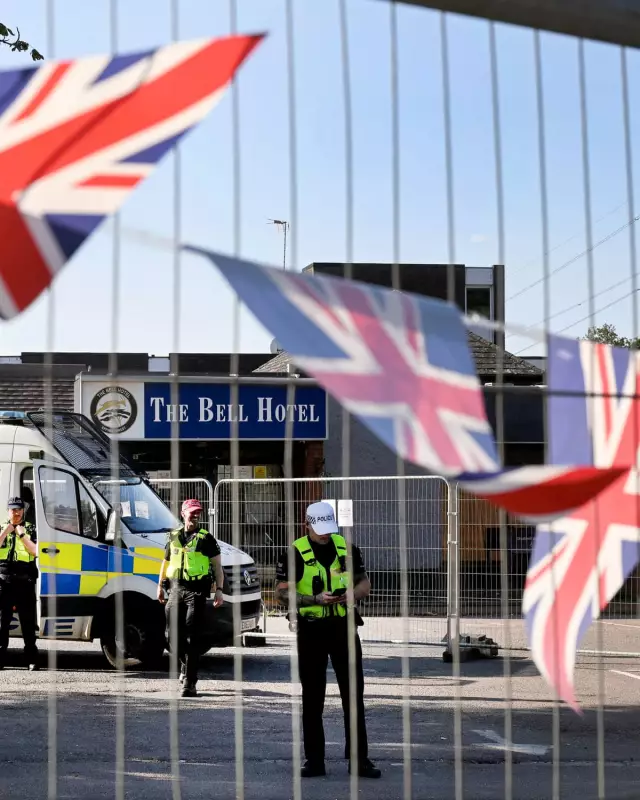
A palpable shift is occurring in Britain's political undercurrents. The far-right, once relegated to the fringes of public discourse, is finding its voice amplified, powered by a potent cocktail of post-Brexit nationalism, deep-seated economic anxieties, and record-breaking migration figures.
This isn't the overt, jackbooted imagery of decades past. The new face of British nationalism is more nuanced, often leveraging legitimate local concerns about housing shortages, strained public services, and a perceived loss of community identity. These grievances are being skilfully channelled by a network of groups and influencers, moving from online echo chambers onto the streets and into the mainstream conversation.
The Perfect Storm: Brexit and Beyond
The 2016 referendum act was more than a vote to leave the EU; it was a catalyst that legitimised debates on sovereignty and immigration. While Brexit was achieved, the promised drastic reduction in migration never materialised. In fact, net migration has soared to unprecedented levels, creating a potent narrative of betrayal that far-right groups are exploiting.
This sentiment is no longer confined to marginal forums. It's echoing in town halls, on local community social media pages, and increasingly, in the rhetoric of more mainstream political figures who feel pressured to address the growing discontent.
The New Tactics of Extremism
Today's movement is digitally native and media-savvy. Its strategies include:
- Grassroots Localism: Framing their activism around hyper-local issues like planning permissions for asylum seeker hotels or protecting green spaces, which resonates with residents unaware of the broader extremist ideology.
- Cultural Campaigning: Organising protests framed as the defence of British culture and values, often coinciding with sensitive periods like Remembrance Day.
- Networked Agitation: Leveraging social media algorithms to create a cohesive ecosystem where content from fringe bloggers, conspiracy theorists, and activist groups reinforces a shared worldview of a 'replaced' or 'diminished' Britain.
A Response Falling Short?
Critics argue that the government's response has been inconsistent. A harsh focus on 'stopping the boats' and rhetoric against 'lefty lawyers' and 'activist blob' is seen by some as validating the far-right's framing of the problem, while simultaneously failing to address the deep-rooted systemic issues they exploit.
Meanwhile, community organisers and anti-extremism charities warn that without a serious, nuanced approach that tackles the economic and social drivers of discontent—not just the symptoms—the problem will continue to grow, further fracturing communities and threatening social cohesion.
The question now facing Britain is not just how to counter a few extreme groups, but how to heal the divisions and address the disillusionment that provides them with oxygen. The nation's identity and stability may depend on the answer.





